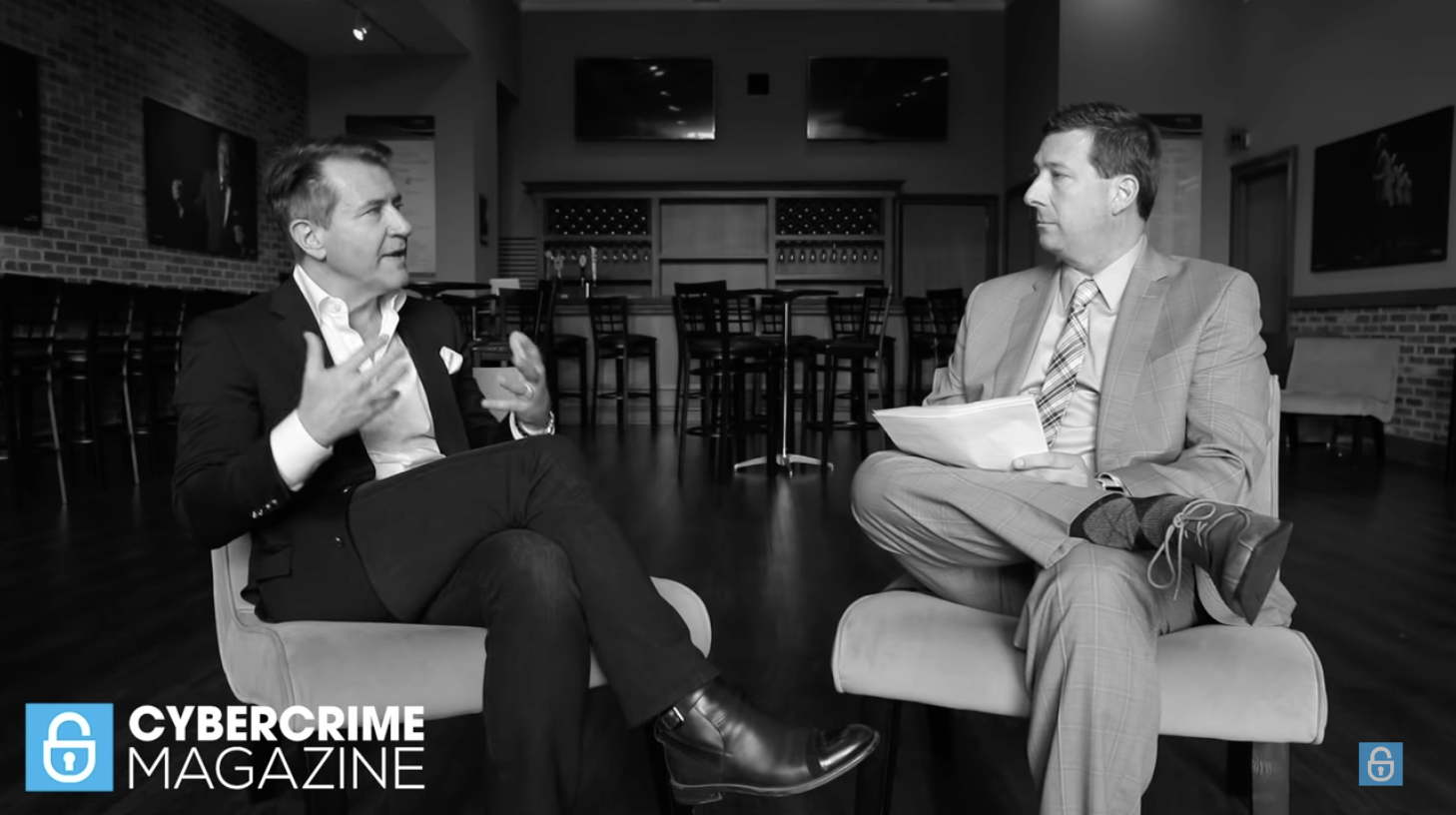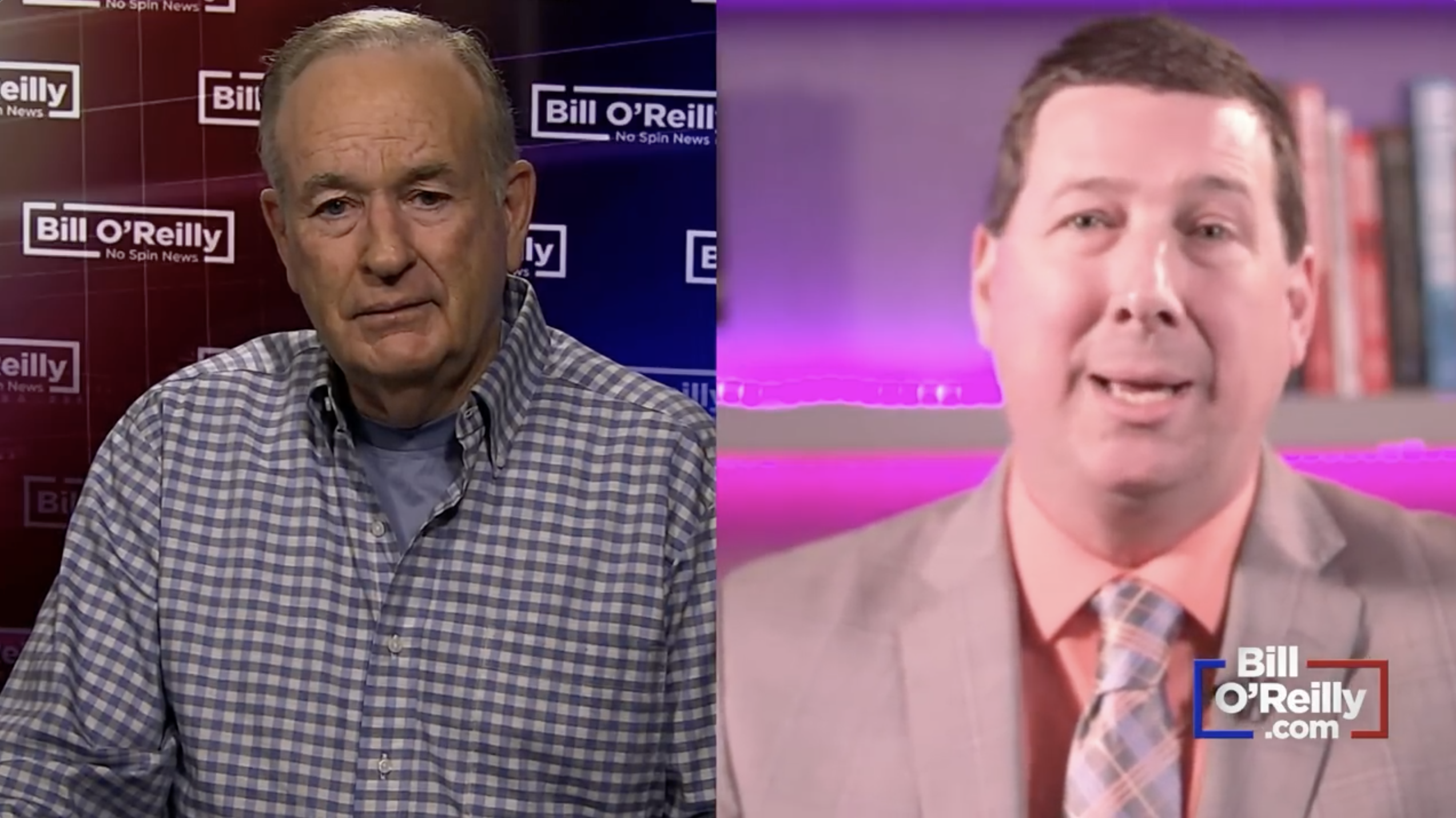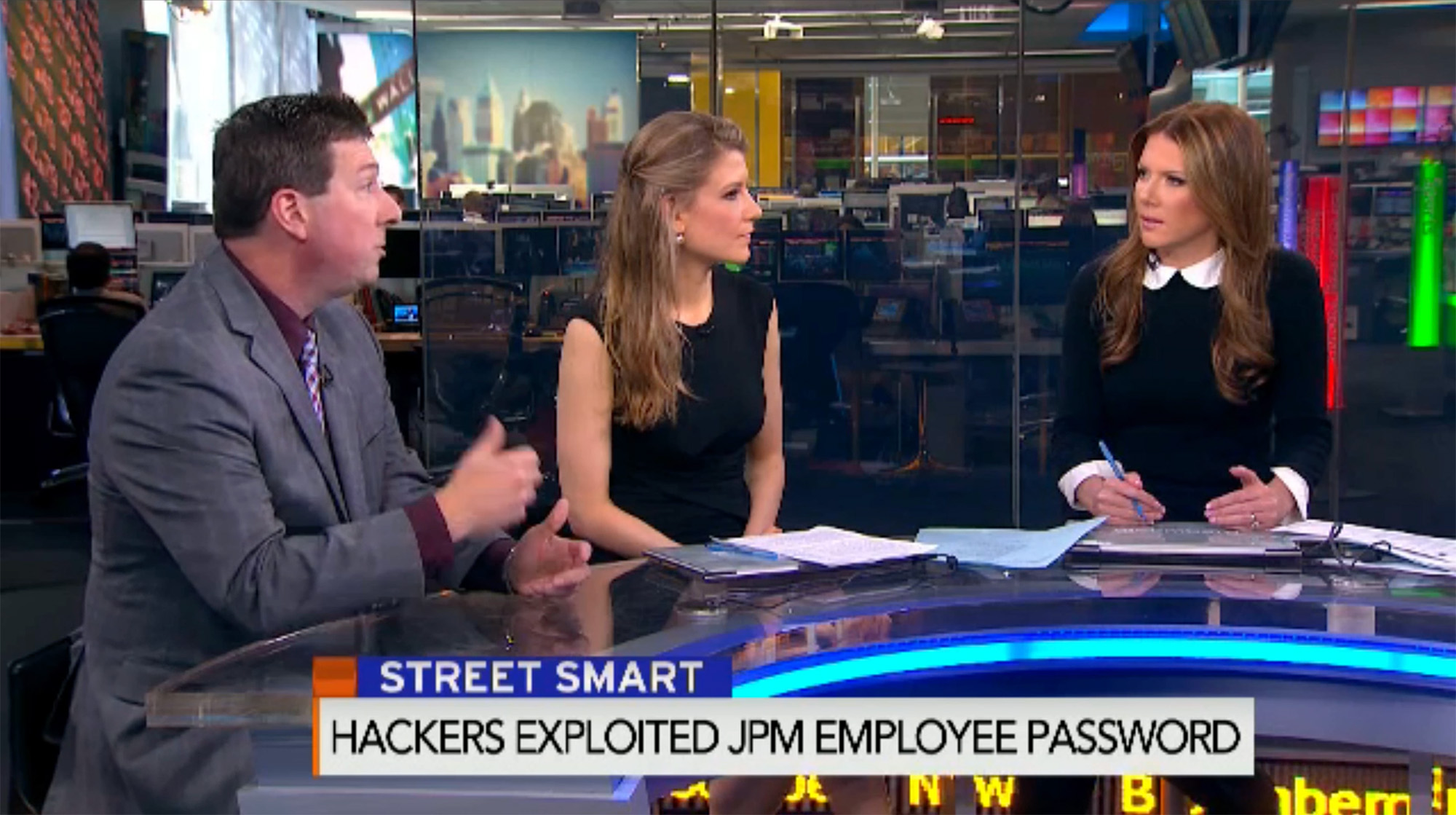Scott Schober | Source | Co-Host at Cyber Coast to Coast (Weekly Podcast)

Scott Schober
Scott Schober is a wireless security and cybersecurity expert, author, product innovator and also the CEO of the privately held, 50 year old wireless technology firm, Berkeley Varitronics Systems, Inc. He has delivered dozens of presentations at security conferences including RSA, FutureCon, SecureWorld, ShowMeCon, Cyber Investing Summit, GovSec, Connected World, IEEE and GSM World Congress as well as many private business events. Scott has been interviewed, featured or quoted in the WSJ, Forbes, Fortune, NY Daily News, Newsweek, USA Today, and The New York Times. Scott can also be seen and heard on ABC News, Bloomberg TV, NPR, CBS This Morning News, CGTN America, CNBC, CNN, Fox Business, Fox News, Good Morning America, Inside Edition, MSNBC, Sirius XM Radio and many more. Scott has authored three critically acclaimed cybersecurity books entitled, Hacked Again, Cybersecurity is Everybody's Business and his latest, Senior Cyber.
-
Cyber Coast to Coast (Weekly Podcast) (https://scottschober.com/cyber-coast-to-coast/)
Co-Host
started Dec 2021 -
Cybercrime Radio (https://cybersecurityventures.com/radio/)
Voice of Cybercrime Radio
started Jul 2021 -
Cybersecurity Ventures / Cybercrime Magazine / Cybercrime Radio (https://cybersecurityventures.com)
CSO / Chief Media Commentator
started Dec 2019
-
Sophisticated bank scam ID spoof can even fool cybersecurity experts
Cybersecurity expert Scott Schober examines how even cybersecurity experts can be fooled by bank scam ID spoof over the phone and a simple tip that stops them dead in their tracks with ABC27 News. Scott Schober is an author, CEO of www.bvsystems.com and #cybersecurity expert that appears regularly on Bloomberg TV, Fox Business & Fox News, CCTV America, Canadian TV News, Al Jazeera America, Arise TV as well as CNN, CBS Morning Show, MSNBC, CNBC, The Blaze, WPIX as well as local and syndicated Radio including Sirius/XM & Bloomberg Radio and NPR. Scott has also authored 3 critically acclaimed cybersecurity books entitled Hacked Again, Cybersecurity is Everybody's Business and Senior Cyber all available on Amazon. @ScottBVS www.linkedin.com/in/snschober www.facebook.com/SeniorCyberBook www.instagram.com/scott_schober www.ScottSchober.com
Video -
Russian hackers targeting more than just Ukraine and allied forces
Cybersecurity expert Scott Schober discusses retaliatory threats by Russian hacker gang Conti against any western "warmongers" attacking critical infrastructure in Russia resulting from invasion into Ukraine. Scott appeared on News 12 NJ with Kane In Your Corner's Walt Kane. Scott Schober is an author, CEO of www.bvsystems.com and #cybersecurity expert that appears regularly on Bloomberg TV, Fox Business & Fox News, CCTV America, Canadian TV News, Al Jazeera America, Arise TV as well as CNN, CBS Morning Show, MSNBC, CNBC, The Blaze, WPIX as well as local and syndicated Radio including Sirius/XM & Bloomberg Radio and NPR. Scott has also authored 3 critically acclaimed cybersecurity books entitled Hacked Again, Cybersecurity is Everybody's Business and Senior Cyber all available on Amazon. @ScottBVS www.linkedin.com/in/snschober www.facebook.com/SeniorCyberBook www.instagram.com/scott_schober www.ScottSchober.com
Video -
Cybersecurity experts weigh in on Russia Ukraine cyberwar
Cybersecurity expert Scott Schober details the role of DDoS attacks in cyberwarfare with Russia and Ukraine. Also how wiper malware is used and hacktivist group Anonymous has declared war against Russia. Scott Schober is an author, CEO of www.bvsystems.com and #cybersecurity expert that appears regularly on Bloomberg TV, Fox Business & Fox News, CCTV America, Canadian TV News, Al Jazeera America, Arise TV as well as CNN, CBS Morning Show, MSNBC, CNBC, The Blaze, WPIX as well as local and syndicated Radio including Sirius/XM & Bloomberg Radio and NPR. @ScottBVS www.linkedin.com/in/snschober www.facebook.com/SeniorCyberBook www.instagram.com/scott_schober www.ScottSchober.com
Video
-
"Each consumer needs to make a conscious choice asking themselves if they are willing to allow companies to have access to their personal data and that they are willing to accept the possibilities of the fallout if/when their information is compromised in a data breach?”
-
“Consistent uptime is vital to deliver these experiences across the internet, so businesses must invest in robust content delivery systems that work all day, every day. Companies and industries must be resilient and prepared to swiftly address a customer’s concerns before they scale up to affect many customers.”
-
“Since it only takes a single click for a phishing email to install malware or steal passwords, email remains one of the best attack vectors due to its insecure nature, ubiquity, and proximity to entire computer networks.”










